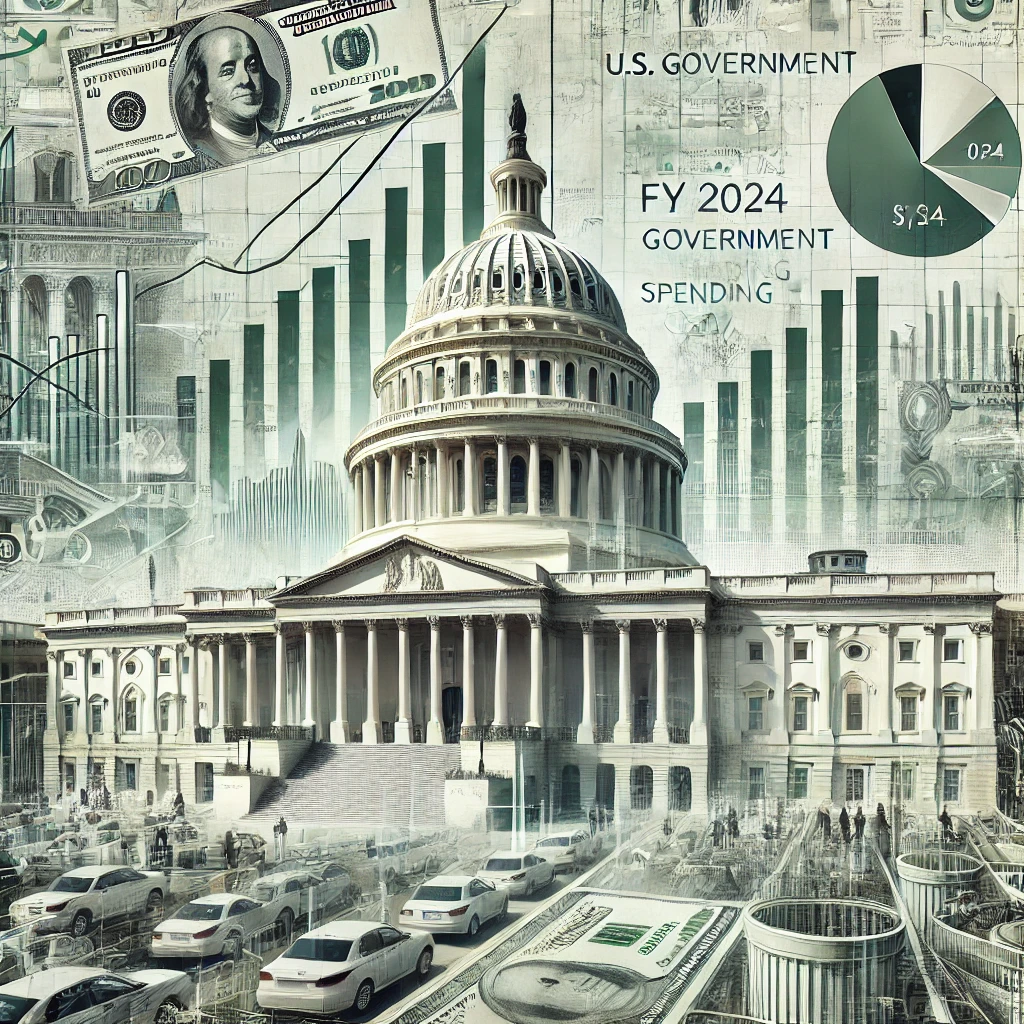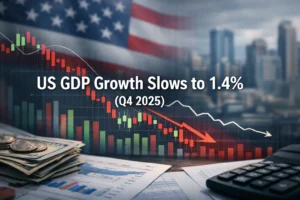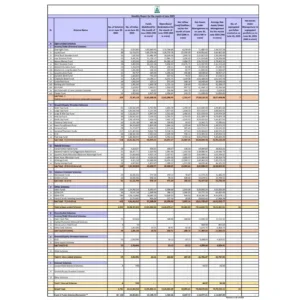The U.S. government is projected to spend an astounding $6.8 trillion in Fiscal Year 2024, marking the highest level of spending since 2021. This enormous budget reflects a significant increase in government expenditures across various sectors, highlighting the financial challenges ahead.
A substantial portion of this budget, approximately $3.1 trillion or 46%, is expected to be dedicated to Medicare, Medicaid, and Social Security. These essential programs provide healthcare and financial support to millions of Americans, but they also represent a significant strain on the federal budget.
Defense and non-defense discretionary spending are set to surpass $1.8 trillion, making up 27% of the total expenditures. This includes funding for national defense, education, transportation, and various other government programs and services.
Additionally, the government anticipates spending $892 billion on net interest payments, a necessary cost to service the nation’s growing debt. Another $908 billion will be allocated to other miscellaneous expenses, each category representing about 13% of the total budget.
While these spending levels are substantial, the government is only expected to generate $4.7 trillion in revenue. This discrepancy leaves a significant budget gap of $1.9 trillion, which will need to be borrowed. This shortfall is the largest in three years and underscores the ongoing challenge of managing the nation’s finances.
The size of the budget gap highlights the persistent issue of government overspending. Despite generating substantial revenue, the federal government continues to spend far more than it brings in, leading to increased borrowing and a growing national debt.
This situation raises concerns about the sustainability of current spending levels and the long-term impact on the U.S. economy. As the government continues to grapple with these challenges, the focus on finding a balance between essential spending and fiscal responsibility becomes ever more critical.
Bringing you the latest updates on finance, economies, stocks, bonds, and more. Stay informed with timely insights.






























Be First to Comment